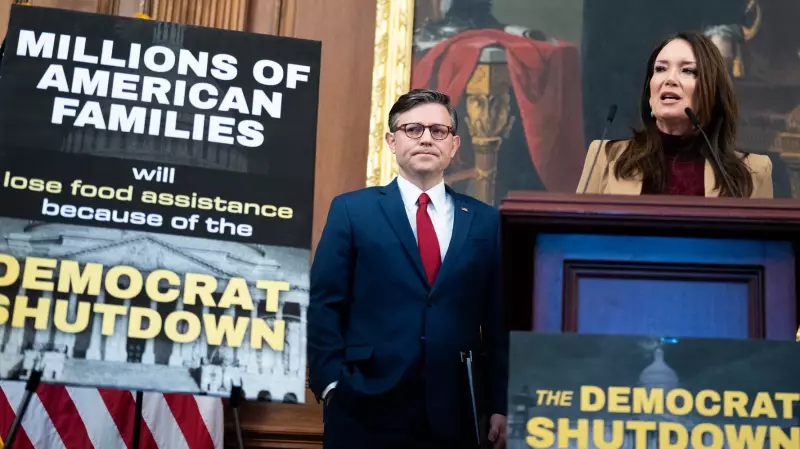
The looming threat of a federal government shutdown is casting a dark shadow over millions of Americans who rely on SNAP benefits, commonly known as food stamps. With critical funding deadlines approaching, vulnerable families across the nation face the terrifying possibility of losing essential nutritional support right before the holiday season.
What's at Stake for SNAP Recipients
The Supplemental Nutrition Assistance Program, which provides crucial food purchasing power to low-income individuals and families, could see immediate disruptions if Congress fails to reach a funding agreement. Unlike previous shutdown scenarios, the timing of this potential crisis places November benefits in direct jeopardy.
Immediate Impact on Vulnerable Populations
Millions of households that depend on monthly SNAP allocations for basic groceries could find themselves without this vital safety net. The situation is particularly dire for:
- Families with children who rely on SNAP to put food on the table
- Senior citizens living on fixed incomes
- Individuals with disabilities who face additional barriers to food access
- Working poor families whose wages don't cover basic necessities
The Political Standoff Explained
Congress faces an urgent deadline to pass spending bills that keep federal agencies operational. The current political gridlock stems from deep disagreements over spending priorities and policy riders, creating a perfect storm that could trigger a full government shutdown.
Why November Benefits Are Vulnerable
Unlike some federal programs that have residual funding, SNAP operations would face immediate disruption. State agencies that administer the program rely on continuous federal funding to process benefits and maintain systems. Without congressional action, these critical functions could grind to a halt.
Potential Consequences Beyond SNAP
The ripple effects of a government shutdown extend far beyond food assistance programs. Other critical services facing potential disruption include:
- WIC program support for women, infants, and children
- School lunch programs that millions of children depend on
- Emergency food assistance through food banks and pantries
- Disaster nutrition assistance in crisis situations
As the deadline approaches, advocacy groups and community organizations are sounding the alarm about the human cost of political brinksmanship. The coming days will determine whether millions of Americans can put food on their tables or face unprecedented food insecurity during what should be a season of gratitude.





